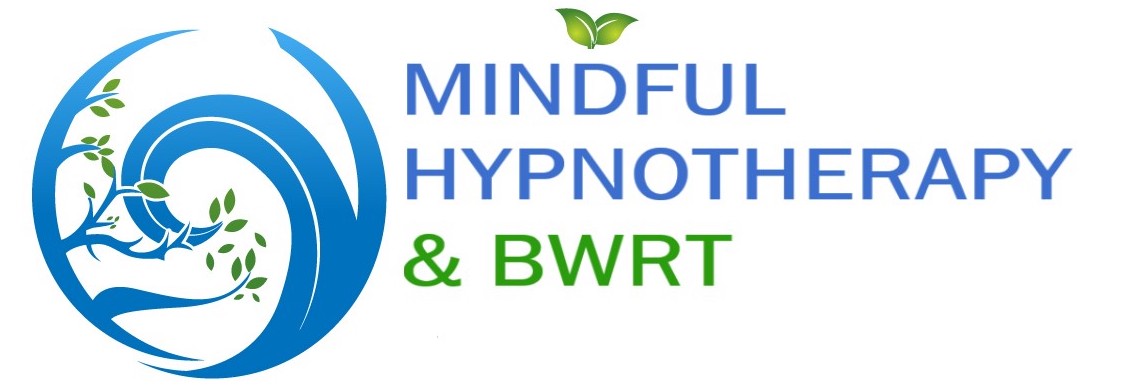Are you avoiding medical procedures because of a needles phobia? If so, BWRT can help.
OK before we start.
If you have a needle phobia and are actually reading this, congratulations. I understand that this would have been very difficult for you but, give yourself a big pat on the back because you have already taken the most difficult step.
What is a phobia?
A phobia is a persistent, extreme and irrational fear of something. Although it certainly doesn’t feel irrational to the person experiencing it.
If you have a phobia, you will often go to extreme lengths to avoid the thing that triggers the phobia or endure it with considerable anxiety and distress.
Is it just me?
If you have a needle phobia, or trypanophobia to give it its medical name, you are certainly not alone. There is no absolutely no need to feel embarrassed about this. A UK government website quotes the following statistics:
- Between 3-10% of adults have a needle phobia.
- Between 20-50% of adolescents have a needle phobia.
- Needle phobia is most commonly found in children (statistic not given), but it can persist into adulthood.
Figures for adults and adolescents may be even higher than this, as people experiencing the most severe needle phobia may well avoid all procedures requiring this intervention or all studies relating to data collection.
Why have I got a needle phobia?
There are very many reasons for a needle phobia in adulthood including the following:
- Childhood health issues that required a lot of blood tests or needle related procedures and which, may or may not have required restraint.
- Adult health issues that require a lot of blood tests or needle related procedures.
- Experiencing or witnessing someone else’s needle phobia.
- Or, maybe there is no identifiable situation or experience that the phobia can be traced to, but it’s still real and it’s still there.
Needle Phobia can have serious health impacts:
- Avoiding routine healthcare procedures such as vaccinations, including those for new infectious diseases such as COVID 19.
- Avoiding blood tests to check for certain ill-health conditions or as part of preventative healthcare.
- Avoiding dental checks and dental care.
- Avoiding doctors or medical care altogether.
Needle phobia can lessen quality of life and life opportunities:
- Loosing sleep and being in a constant state of worry or anxiety about an upcoming doctor or dental appointment.
- Inability to travel or holiday abroad due to fear of vaccinations.
- Inability to become a blood donor.
BUT YOU DON’T NEED TO FEEL LIKE THIS. BWRT can help
There is much more information about how BWRT works in a previous post so, very simply BWRT works because it works with how the brain works.
No one is born with a phobia. So sometime in your past, whether or not you can remember it, something created the phobia that you have today and it did this in the oldest part of your brain – the Reptilian Complex.
This part of the brain is the ‘first responder.’ Everything arrives in the ‘Reptilian Complex first, which has no conscious awareness, before it reaches the modern part of the brain, the Neomammalian Complex, where there is conscious awareness.
This means that, before you can think logically with your modern brain about having a vaccination or a blood test, your Reptilian Complex has already fired up all those unwanted negative anxiety, panic and stress responses.
BWRT works within the Reptilian complex to replace all these negative responses with ones which you would prefer to have instead.
SOUNDS TOO SIMPLE? WELL MAYBE, BUT IT WORKS.



